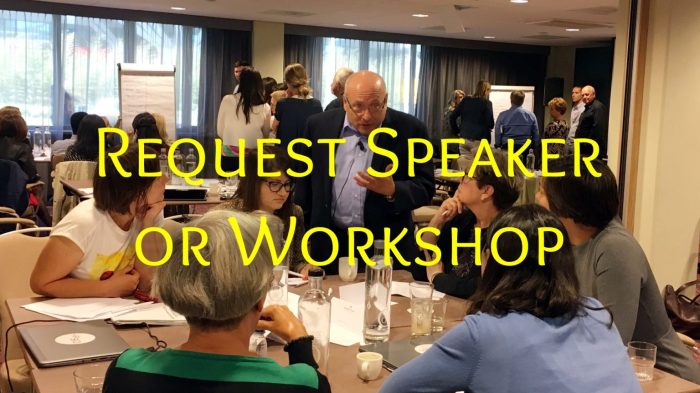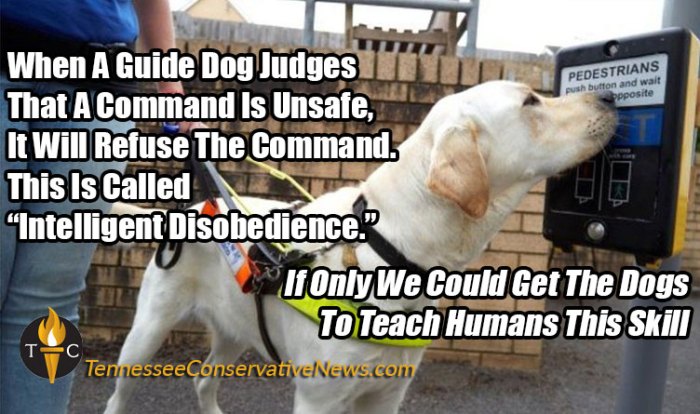Moral courage and intelligent disobedience, intertwined concepts that empower individuals to challenge unjust authority and ignite social change, form the crux of this exploration. As we delve into their profound significance, we will uncover the historical examples, ethical frameworks, and personal strategies that cultivate these virtues, ultimately examining their transformative impact on society.
Defining Moral Courage and Intelligent Disobedience

Moral courage involves standing up for what is right, even in the face of opposition or adversity. It entails acting in accordance with one’s conscience and values, even when it may lead to personal risk or discomfort. Intelligent disobedience, on the other hand, refers to the act of deliberately violating a law or regulation that is perceived as unjust or immoral.
This form of disobedience is often employed as a means of protest or to bring about social change.
Historical Examples of Moral Courage and Intelligent Disobedience
Throughout history, numerous individuals have exhibited moral courage and engaged in intelligent disobedience. For instance, Mahatma Gandhi led nonviolent protests against British rule in India, Martin Luther King Jr. fought for civil rights in the United States, and Rosa Parks refused to give up her seat on a bus to a white man.
These actions, driven by a deep sense of justice and compassion, have had a profound impact on society. Gandhi’s nonviolent resistance inspired movements for independence and social justice worldwide, King’s advocacy for civil rights led to landmark legislation, and Parks’ act of defiance became a symbol of the fight against racial segregation.
The Ethical Framework for Moral Courage and Intelligent Disobedience
Moral courage and intelligent disobedience are guided by ethical principles that emphasize the importance of justice, equality, and human rights. These actions are often justified when existing laws or authorities fail to uphold these principles or when they perpetuate injustice.
However, it is crucial to consider the potential risks and benefits associated with these actions. Engaging in moral courage or intelligent disobedience can lead to personal consequences, such as arrest, imprisonment, or social ostracism. Therefore, it is essential to carefully weigh the potential outcomes before engaging in such actions.
Developing Moral Courage and Intelligent Disobedience in Individuals
Cultivating moral courage and the ability to engage in intelligent disobedience requires a combination of education, personal experiences, and social support. Education can provide individuals with the knowledge and understanding of ethical principles and social issues, while personal experiences can help them develop empathy and a sense of justice.
Social support, from friends, family, or organizations, can provide individuals with the encouragement and resilience needed to stand up for what they believe in, even when it is difficult.
The Impact of Moral Courage and Intelligent Disobedience on Society
Moral courage and intelligent disobedience can have a significant impact on society, both positive and negative. These actions can inspire others to speak out against injustice, promote social change, and strengthen democratic values.
However, they can also lead to conflict, division, and backlash from those who oppose the changes being advocated for. It is important to carefully consider the potential consequences of these actions and to engage in them responsibly and thoughtfully.
The Challenges of Moral Courage and Intelligent Disobedience
Individuals who engage in moral courage and intelligent disobedience often face obstacles and challenges. These may include social pressure, threats of violence, and legal consequences.
Overcoming these challenges requires resilience, determination, and a strong support system. It is important to remember that individuals are not alone in their struggles and that there are organizations and resources available to provide support and assistance.
Helpful Answers
What is the difference between moral courage and intelligent disobedience?
Moral courage refers to the strength to stand up for what is right, even when it is difficult or unpopular. Intelligent disobedience, on the other hand, involves challenging unjust laws or authority in a thoughtful and strategic manner, aiming to minimize harm and maximize positive outcomes.
Can moral courage and intelligent disobedience be dangerous?
Yes, engaging in moral courage and intelligent disobedience can involve risks, including social disapproval, legal consequences, or even physical harm. However, the potential benefits to society often outweigh these risks.
How can I develop moral courage and intelligent disobedience?
Cultivating moral courage and intelligent disobedience requires self-reflection, education, and practice. It involves understanding ethical principles, developing critical thinking skills, and seeking support from like-minded individuals.


